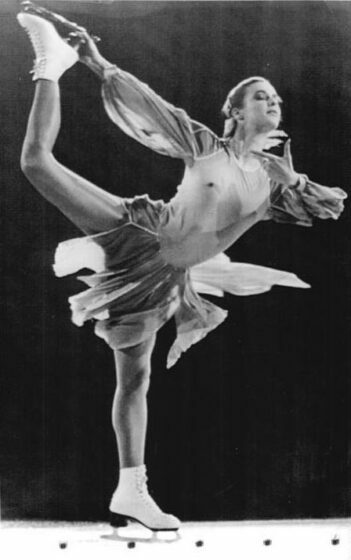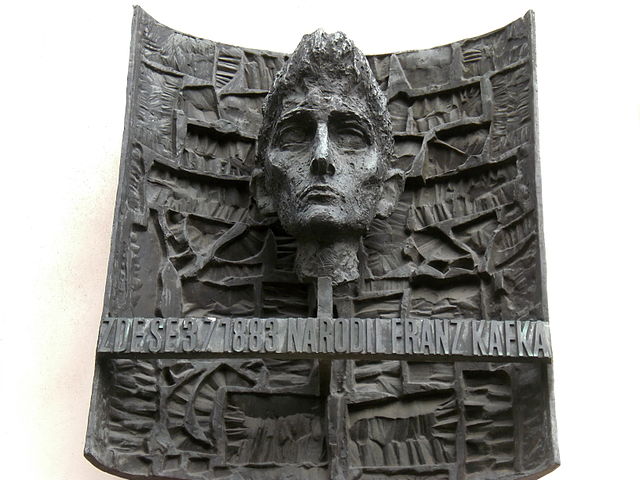Guardia Civil agent being arrested by colleagues, for an alleged part in a surveillance scheme directed by Ricardo Martinelli against a woman in Mallorca whom he is said to have dated. Martinelli denies all, but his denials are in the form of ridicule rather than direct answers to the specific allegations. What it means is that the cyber crime wave, a pending illegal computer eavesdropping case against Martinelli that’s ongoing of which is a part, is and has been continuing for all these years. Photo by the Guardia Civil.
Nothing special — just the smell
of a purchased judgment
Two of the three magistrates of the Electoral Tribunal have taken upon themselves jurisdiction to decide matters of criminal and extradition law that are well beyond the tribunal’s jurisdiction.
Magistrates Araúz and Juncá say that as party boss of his own party, Ricardo Martinelli has candidate’s immunity from criminal prosecution for an election for the party’s youth and women’s organizations — but as owner of the RM party Martinelli himself faces no vote on his own leadership. That’s twisted, but arguably within the realm of the Electoral Tribunal’s jurisdiction.
The two magistrates went out of their bailiwick to declare that the principle of specialty in extradition law prevents Ricardo Martinelli from being tried in a pending case for taking bribes from the Brazilian construction company Odebrecht and together with his sons laundering those millions. (Note that in their guilty pleas before a US federal district court in Brooklyn, Martinelli’s two sons implicated him as the source of the bribe money they laundered.) They say that the specialty principle prevents Ricardo Martinelli from being tried in a pending case for the theft of public funds through kickbacks on overpriced public construction contracts and using the money to buy himself the cornerstone of his media empire, the EPASA newspaper chain (El Panama America, La Critica and Dia a Dia).
By their reasoning, Martinelli would also not be able to be brought to justice for the televised torture execution of boys at the Tocumen juvenile detention facility and subsequent delivery of the boys’ rotting bodies to their families by way of the National Police leaving them in plastic garbage bags at their doors. Or any other offenses during Ricardo Martinelli’s 2009-2014 crime wave administration.
In any case, beyond the injustice and overstepping of the bounds of their jurisdiction in which magistrates Juncá and Araúz indulged, they are wrong about the substance of the specialty issue. Not only do they lack the power to overrule criminal courts’ decisions as they have purported to do, their take on the law is clearly erroneous.
Yes, the 1904 US-Panama extradition agreement has a specialty clause. Under that treaty, if a person is extradited for one crime, he or she may not be tried for another crime that was committed before the extradition without being allowed the opportunity to promptly return to the country from whence extradited.
However, Panama’s extradition request to the United States was not only made pursuant to the 1904 treaty. One of the other grounds asserted was the Bucharest Cyber Crimes Convention. Not only does that treaty lack a specialty clause, but it has a provision that excludes that:
Do we want to get into international customs? Cases in different jurisdictions are all over the map, but generally if an extraditing country wants to put limits on the prosecution of a suspect it spells out the condition or conditions and the receiving country tends to respect those conditions. So Canada won’t extradite somebody to the United State to face a death penalty, and US justice respects that, even in the most horrific cases. So when France sent Manuel Antonio Noriega back to Panama it insisted on something like a specialty clause — and that was being litigated here when the old general who deserted his post under fire died.
The United States says that the specialty principle does not apply to Ricardo Martinelli. We should not accept US edicts as the determinants of Panamanian law, but the customary way of looking at it is that Martinelli was extradited from the USA without benefit of a specialty clause.
Panama’s criminal courts and Supreme Court have decided the issue. The principle of specialty in extradition does not protect Martinelli in the Odebrecht and New Business cases. For the Electoral Tribunal to purport to rule otherwise is outrageous and if we are to get into the rule of law, the offense of overstepping the limits of legal authority.
Not that our thuggish legislators are about to do anything about that offense, but the high court might and should strike down Juncá’s and Araúz’s power grab.
Editor’s note: From an artistic perspective, some of the best available photos to illustrate this editorial are of the woman who complains of being stalked. Her mug dominates tabloids in Spain. However, if she is an innocent party whose privacy has been invaded, without any offsetting reason to do so, would it be right to introduce her to readers in Panama with another invasion of her privacy? It’s an ethical call, and The Panama News chooses not do do that.

Who is or isn’t a woman is not the only challenge for women’s sports. Consider the gifted and charming figure skater Katarina Witt, who performed for the former East Germany’s team. After the Berlin Wall fell and the Stasi secret police archives were made public, there were allegations of the most serious sorts of ethical violations — spying on her fellow athletes. But on closer inspection it turned out that she was the constant victim of Stasi surveillance, not a Stasi agent as claimed. Women’s figure skating now faces another ethical problem, an alleged drug violation by a 15-year-old Russian skater and the way that she was flagrantly manipulated by adult handlers. So should there be a minimum age requirement, such that a kid doesn’t just automatically take whatever medication she’s given by an adult authority figure and end up banned from sports? Photo from the German Federal Archives.
The integrity of women’s sports
For the purposes of elite sports, should a trans woman be considered a woman? What about a woman born with all the female plumbing, but inside here body vestigial testicles that pump out the male hormone testosterone? What about the baby who, at diaper change times, showed two little testicles and a vagina in between?
Notwithstanding what might be inferred from ancient religious scriptures, in nature there are people — and animals — that are born neither male nor female, or both. And since ancient times, there have been cruel fanatics who have killed or otherwise brutalized such people and used religious arguments to justify it.
And across the USA, Republicans are mobilizing such fanatics for this year’s midterm elections. They are, however, less than unanimous. Caitlin Jenner, a trans woman who as a man was the world decathlon champion and as a woman ran for governor of California, says she doesn’t really know about the propriety of trans women competing in elite women’s sports — and she’s a Republican. In the state of Utah, a Republican governor and Republican legislative majorities have gotten into a big fight over a law to ban transgender kids from school sports. As far as is known, this law passed over the GOP governor’s veto currently affects four people, three trans boys and one trans girl, none of them star athletes. But a trans woman just won an NCAA championship medal, and there are women athletes complaining about this, demanding that their sports be restricted to “biological women.”
So who’s a woman? Is it determined by reference to a birth certificate filled out by a nurse or obstetrician after cursory examination? Is it determined by what a person wants to be called? Is it based on body morphology? Or based on body chemistry?
These are arcane questions, but when into the realm of elite sports there’s a lot of money involved. So do university athletic directors, television and advertising executives or the International Olympic Committee decide? Or politicians out to prove to the voters how devout they are?
References to chromosomes and to body chemistry seem much more fair that competing holy scriptures.
But to maintain the integrity of women’s sports, shouldn’t it be female athletes who set the standard?
Otherwise the politicians, the owners of the sports businesses or the hierarchs of religious institutions would be turning top athletes into their slaves.
Monument in Kafka’s native Prague. Wikimedia image.
Start with what is right rather than what is acceptable.
Franz Kafka
Bear in mind…
I have found that when you are deeply troubled, there are things you get from the silent devoted companionship of a dog that you can get from no other source.
Doris Day
The greatest reward of righteousness is peace of mind.
Epicurus
Some third person decides your fate: this is the whole essence of bureaucracy.
Alexandra Kollontai
Contact us by email at fund4thepanamanews@gmail.com
To fend off hackers, organized trolls and other online vandalism, our website comments feature is switched off. Instead, come to our Facebook page to join in the discussion.
These links are interactive — click on the boxes















